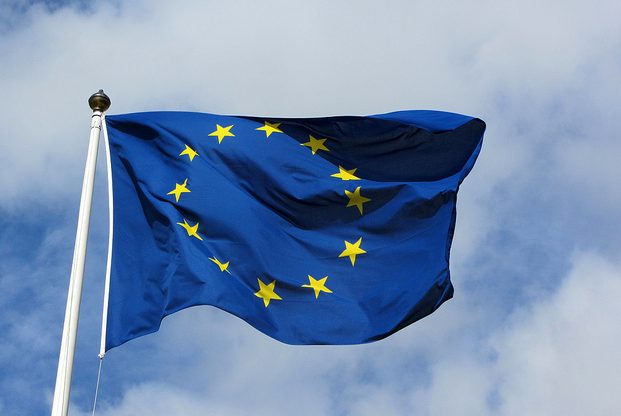From November 1, 2023, the European Patent Office (EPO) will be abolishing the 10-day rule for document delivery. Under the current rule, EPO notifications are considered delivered ten days after the date indicated on the document. Consequently, deadlines set from these notifications also begin ten days after the notification’s date. However, this regulation will no longer be in effect after November 1, 2023.
Instead, the new approach states that documents will be considered delivered on the date they are dated. However, if a document is delivered more than seven days after its indicated date, a safeguard clause comes into play. In such cases, the deadline will be extended by the number of days that exceed seven days. It should be noted that the burden of proof for delivery still lies with the EPO.
This change in policy is part of the EPO’s digital transformation and specifically impacts Rules 126(2), 127(2), and 131(2) of the European Patent Convention (EPC). The EPO is adapting to the growing use of electronic delivery, which allegedly reduces the likelihood of delays.
In summary, the EPO’s abolition of the 10-day rule for document delivery, effective from November 1, 2023, ensures that documents are considered delivered on the date they are dated, reducing reliance on the previous ten-day rule. However, if a document is delivered more than seven days after its indicated date, a safeguard clause extends the deadline accordingly. These changes are aimed at streamlining processes and adapting to the increasing use of electronic delivery within the EPO.
Our Comments
Abolition of the 10-day rule for document delivery by the European Patent Office (EPO) may have some disadvantages for its customers. In our opinion, the new rule has the following potential drawbacks:
- Reduced time for response: With the previous 10-day rule, customers had an additional ten days from the date of notification to respond to any deadlines or requirements. By abolishing this rule, the EPO is effectively reducing the time available for customers to prepare and submit their responses.
- Potential for missed deadlines: Under the new policy, if a document is delivered more than seven days after its indicated date, the deadline is extended. However, there is still a risk that delays in document delivery could result in missed deadlines. This may occur if the EPO fails to promptly deliver documents, leading to customers inadvertently exceeding extended deadlines.
- Burden of proof on customers: While the burden of proof for delivery still lies with the EPO, customers may face challenges in proving the exact date of receipt in case of disputes or discrepancies. This burden may require customers to maintain meticulous records and evidence of document receipt.
- Adjustment to internal processes: The change in document delivery rules may require customers to adjust their internal processes and workflows to ensure timely responses and compliance with new deadlines. This adjustment involves additional resources and potential disruptions during the transition period.
- Reliance on electronic delivery: While the EPO is adapting to the growing use of electronic delivery, there may still be customers who prefer traditional paper-based communication. These customers may face challenges in adapting to the digital transformation, especially if they lack access to reliable internet connections or face technological barriers.
Overall, while the abolition of the 10-day rule aims to streamline processes and enhance efficiency, it may present certain disadvantages and challenges for some customers of the EPO. Adapting to the new policy and ensuring compliance with revised deadlines will be crucial for customers to navigate the changes effectively.






